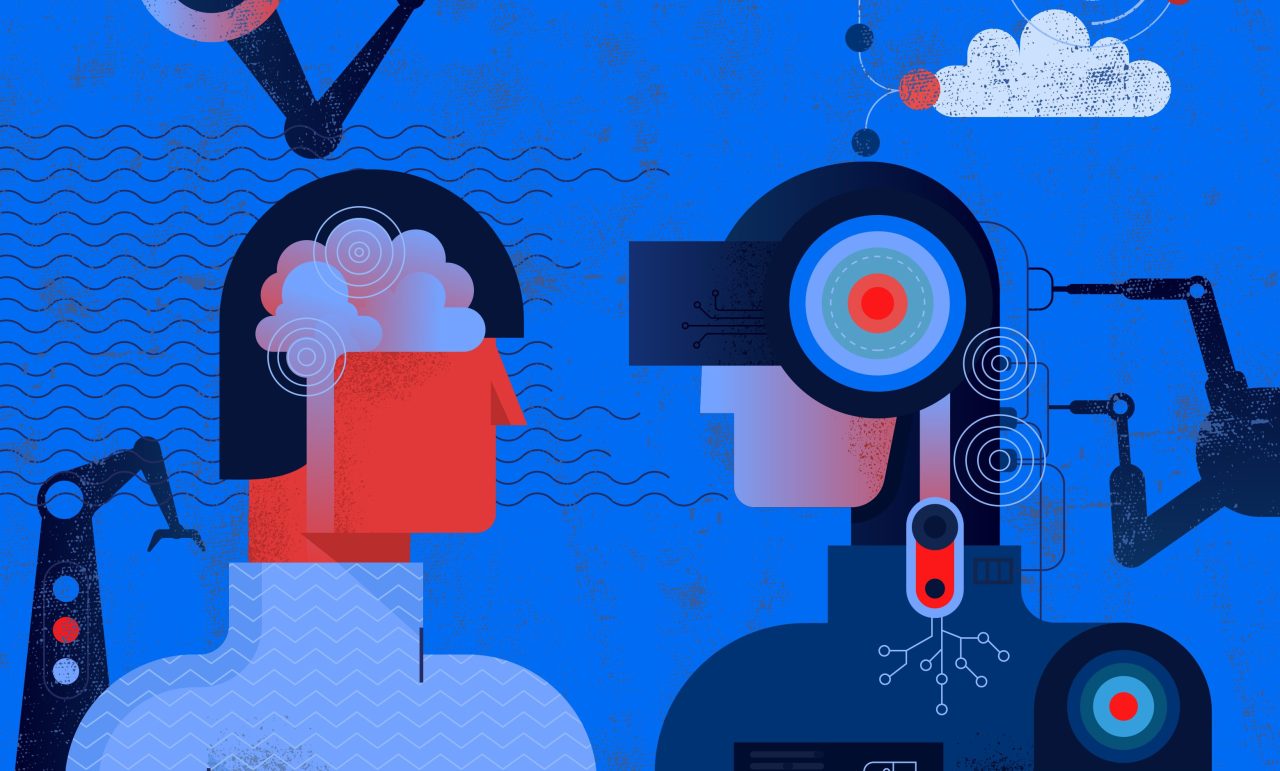The U.S. Copyright Office has issued the first part of a report on how AI may affect its domain, and its first recommendation out of the gate is: we need a new law right away to define and combat AI-powered impersonation.
“It has become clear that the distribution of unauthorized digital replicas poses a serious threat not only in the entertainment and political arenas but also for private citizens,” said the agency’s director Shira Perlmutter in a statement accompanying the report. “We believe there is an urgent need for effective nationwide protection against the harms that can be caused to reputations and livelihoods.”
The report itself, part one of several to come, focuses on this timely aspect of AI and intellectual property, which as a concept encompasses your right to control your own identity. You don’t have to file a copyright request on yourself to prevent an advertiser from using your likeness, obviously, but can the same be said for AI-powered replications of you?
A few years ago it would take lots of time and effort to make a “digital replica” (as the Copyright Office chooses to call them) of a person, and so such things tended to be limited to politicians and celebrities. But now, using only handful of videos and public social media posts, nearly anyone can create a passable virtual version of you quite easily and cheaply. That opens up new possibilities for abuse, as the FCC and other federal agencies have pointed out in their own domains.
The Copyright Office is more concerned with IP questions, of course, but after launching this inquiry (and soliciting public comment) last year, the potential for harm even within that area became obvious to them. In fact, a spokesperson for the agency confirmed to me that the urgency of the situation is exactly why they chose to issue this part of the report first. As they write:
We analyzed the comments received, performed additional research, and consulted with other agencies on their relevant areas of expertise. Based on all of this input, we have concluded that a new law is needed. The speed, precision, and scale of AI-created digital replicas calls for prompt federal action.
The need for a new law in this area is hardly an original sentiment, and indeed Congress is hard at work on this very problem. In fact, a bill along these lines was proposed while I was writing this article! (It’s been making the rounds for a while as a draft but was officially introduced today.)
The Copyright Office’s recommendations add some important nuance that these bills may want to include in amendments. Some examples quoted from the report:
- Liability should arise from the distribution or making available of an unauthorized digital replica, but not the act of creation alone. It should not be limited to commercial uses, as the harms caused are often personal in nature. It should require actual knowledge both that the representation was a digital replica of a particular individual and that it was unauthorized.
- Protection should endure at least for the individual’s lifetime. Any postmortem protection should be limited in duration, potentially with the option to extend the term if the individual’s persona continues to be exploited.
- The statute should include a safe harbor mechanism that incentivizes online service providers to remove unauthorized digital replicas after receiving effective notice or otherwise obtaining knowledge that they are unauthorized.
- Given well-established state rights of publicity and privacy, the Office does not recommend full federal preemption. Federal law should provide a floor of consistent protection nationwide, with states continuing to be able to provide additional protections.
It starts to look a lot like existing copyright law, actually! Your likeness (any that is “difficult to distinguish from authentic depictions”), the agency suggests, should be similar to a photo you took or a song you wrote, and given basic federal protections. But unlike a song, your likeness also involves questions of privacy and identity that some states have additional laws on, like Illinois’ BIPA or California’s CCPA.
The Copyright Office’s perspective on these matters necessarily comes from their areas of concern and expertise, but certainly they are relevant, even if human rights and other questions of ethics are also involved. Drafters of a new “digital replica” law — and perhaps more importantly, a legally defensible one — may do well to base it on effective existing legislation rather than start from scratch.
